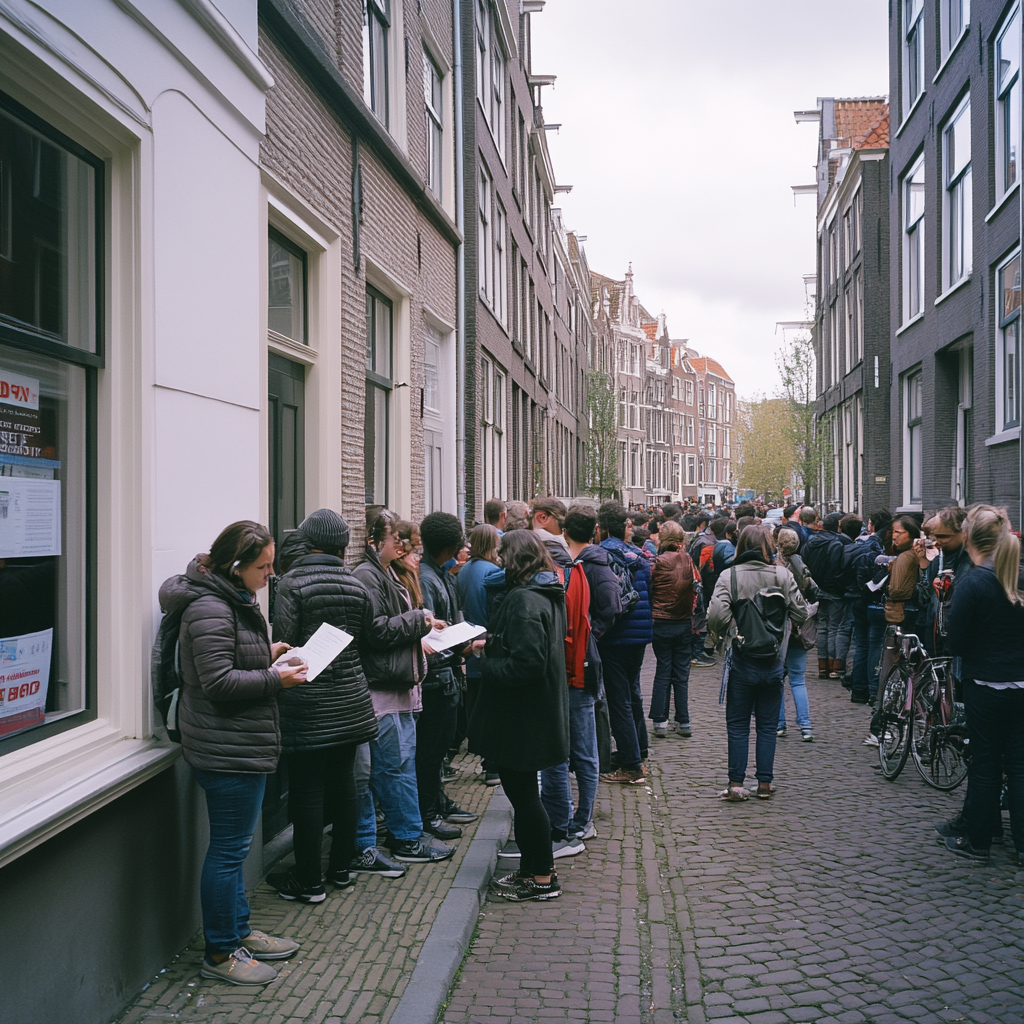Renting in the Netherlands as an expat: what to expect
Published on October 14, 2024 by Alec Siemerink

Renting a home in the Netherlands as an expat can be an exciting yet challenging experience. From navigating local laws to understanding cultural norms, this guide will help you get familiar with the rental process in your new country. We’ll cover essential steps like registering with the municipality, understanding housing allowances, and avoiding common pitfalls as you settle into your new home.
Registering with the municipality
One of the first things you need to do after moving into a new rental is register with the local municipality (gemeente). This is a crucial step because registering ensures you’re compliant with Dutch residency laws and allows you to receive important mail, such as tax letters. When renting, it’s important to confirm with your landlord that registration is permitted at the property—some landlords, especially with sublets, may restrict this.
Housing Allowance (Huurtoeslag)
Expats on lower incomes may qualify for huurtoeslag, a housing allowance provided by the Dutch government. This can significantly reduce your rent if you meet certain conditions, such as having a rental contract and living in a qualifying property. You can apply for this allowance through the Dutch Tax Office (Belastingdienst), but be aware that strict income limits and property requirements apply. Be sure to check your eligibility before signing a lease.

Understanding Dutch rental types
Dutch rental properties typically fall into two categories: social housing and private rentals. Social housing is aimed at lower-income households and has rent caps regulated by the government. However, there are often long waiting lists, especially in major cities. Most expats will likely be looking in the private rental market, where prices are higher but availability is more immediate. Make sure to carefully review rental contracts and clarify any uncertainties with your landlord or rental agency.
Dealing with cultural differences
Renting in the Netherlands might come with a few surprises, especially when it comes to housing customs. For instance, don’t be surprised if your new home comes unfurnished—this is common in the Netherlands, with many rentals requiring you to bring everything from furniture to light fixtures. On the other hand, furnished rentals are available but usually come with higher rent. Another cultural nuance is the directness of Dutch landlords, who are known for being straightforward in their communication—something that’s worth keeping in mind when negotiating terms.
Avoiding common pitfalls
As with any rental market, there are potential pitfalls to watch out for:
- Beware of scams: Never pay a deposit or rent before signing a contract and physically viewing the property.
- Check if utilities are included: Some rentals include utilities (gas, water, electricity), while others don’t—be sure to confirm this with your landlord.
- Ask about registration: As mentioned earlier, always ensure the property allows for municipal registration, as this is a legal requirement for living in the Netherlands.
Be prepared!
Renting in the Netherlands as an expat requires preparation and an understanding of local processes, from registering with the municipality to securing housing allowances if eligible. With the right knowledge and careful planning, you’ll be well on your way to finding a great rental and settling into your new home in no time.


